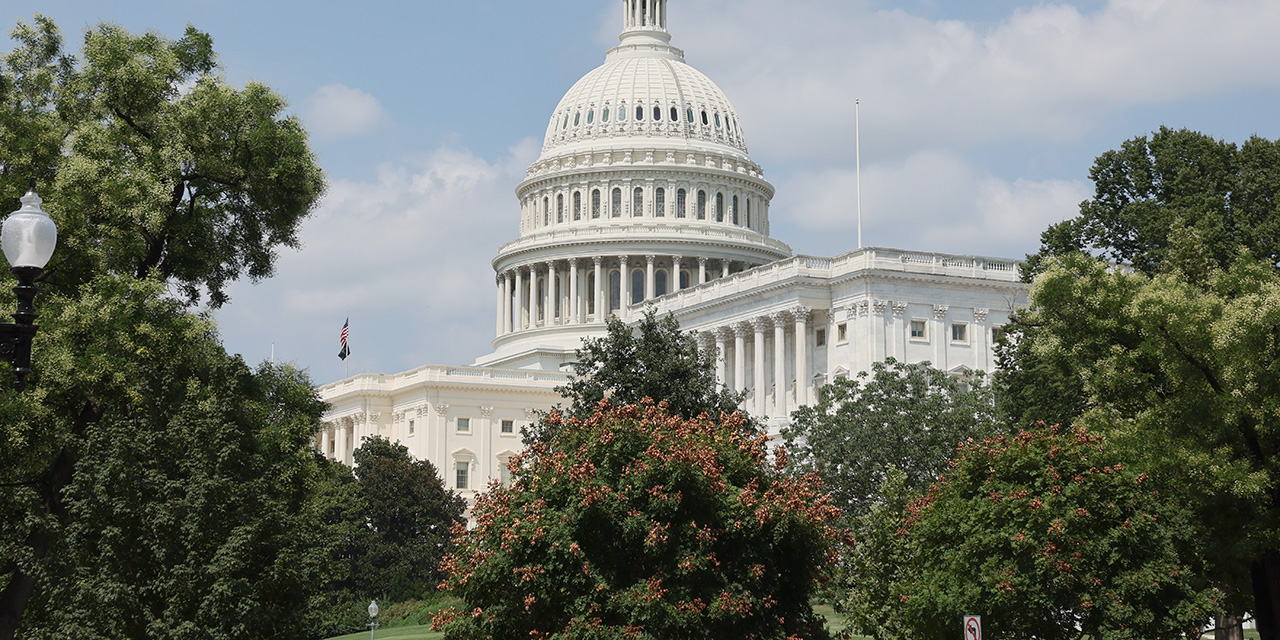
I spent last week in Washington, D.C., and my impressions deepened an intuition. Though it contains many of the same leaders and managers, the second Trump administration is a radical departure from the first. The left-wing media has spent the past decade attempting to paint President Trump as an anomaly, aberration, or interloper. But the reality in Washington suggests that the president is now cementing a new status quo, one that will define, for better or for worse, the current era.
For the Right, this signals opportunity. I visited the White House in October 2020: it was the height of the Covid pandemic, the George Floyd hysteria, and the Trump/Biden presidential campaign. The White House felt besieged. Staffers had a sense of what they might want to do in a second term, but their plans seemed almost impossible, given the radical social and political pressures working against the president. Of course, they did not get the opportunity to pursue those plans—not for another four years.
Finally, a reason to check your email.
Sign up for our free newsletter today.
This week, I met with some of the same leaders. With the benefit of their time in exile, they now exuded a sense of calm, confidence, and strategic focus.
The context has shifted, too. Americans have moved beyond the era of Black Lives Matter, and the culture has shifted rightward, allowing the administration more latitude in pursuing aggressive policies. My contacts were now focused on advancing an anti-woke agenda, extirpating DEI from America’s institutions, and defunding the left-wing “blob” of universities, contractors, and NGOs.
Within the Cabinet agencies, there was a clear sense of mission, and speed and efficiency in pursuing it. There was no more guessing about what the Trump agenda meant; everyone was focused on implementation.
In the intellectual domain, a greater sense of openness is evident. During my trip, I participated in an Intercollegiate Studies Institute conversation with Patrick Deneen, Curtis Yarvin, and Christopher Caldwell, each of whom represents factions—Catholic post-liberalism, tech-fueled neo-reaction, and critics of the civil rights revolution, respectively—attempting to position themselves as successors to the old conservative consensus.
A number of years ago, commentators might have dismissed all three of these men as radical. But some of their ideas are now increasingly mainstream. Several of Deneen’s former students now serve in high positions (including Secretary of Defense Pete Hegseth). Yarvin has caught the ear of some influential tech leaders, including Elon Musk. And Caldwell, whose book, The Age of Entitlement, offers a compelling critique of the civil rights regime, is one of the intellectuals who helped set the groundwork for major Trump administration successes: abolishing the DEI bureaucracy, eliminating disparate impact provisions, and repealing Lyndon Johnson’s executive order establishing affirmative action.
This conversation took place not in an artist’s loft or dissident bookstore, but at the Heritage Foundation, a key part of the conservative intellectual establishment. The Trump presidency has definitively ruptured the old Reaganite consensus, a reality that many conservatives resisted during Trump’s first term but seem to have accepted now. The interns and assistants buzzing through Heritage’s corridors are curious about new ideas and new horizons.
These developments are salutary. While I am not a Catholic integralist or techno-reactionary, having an open debate provides a mechanism for sorting through competing ideas—even bad or impractical ones—and arriving at a new consensus.
One possibility is a simple return to normalcy. When I left the White House, the city seemed as if it had snapped back to the pre-Trump normal. Tourists milled around, the stores were open normal hours, and only a small number of left-wing protesters were out, holding a vigil for Gaza. It’s still early, but it might be worth reflecting on how the second Trump administration can formalize its early victories and pave the way for a new era of stability—one that makes the disruptions of 2020 seem increasingly distant and unfamiliar. The prospect, at least, seems possible.
Photo by Jemal Countess/Getty Images for Caring Across Generations
City Journal is a publication of the Manhattan Institute for Policy Research (MI), a leading free-market think tank. Are you interested in supporting the magazine? As a 501(c)(3) nonprofit, donations in support of MI and City Journal are fully tax-deductible as provided by law (EIN #13-2912529).
Source link

















